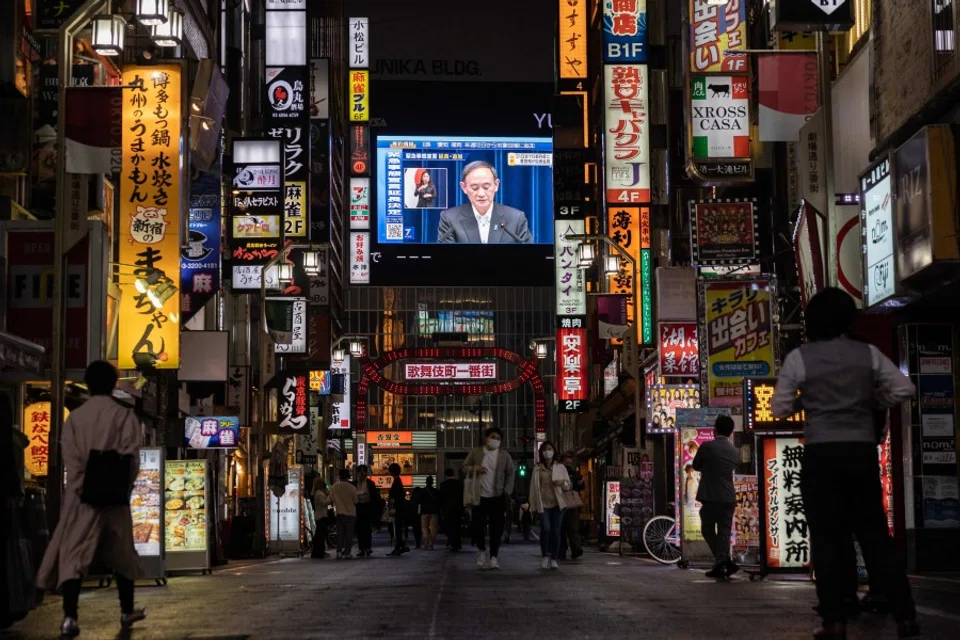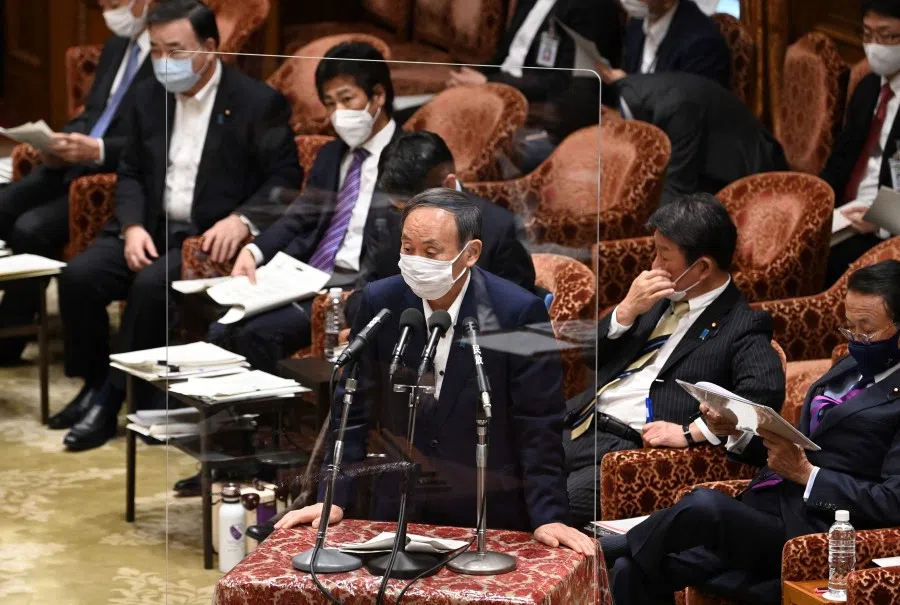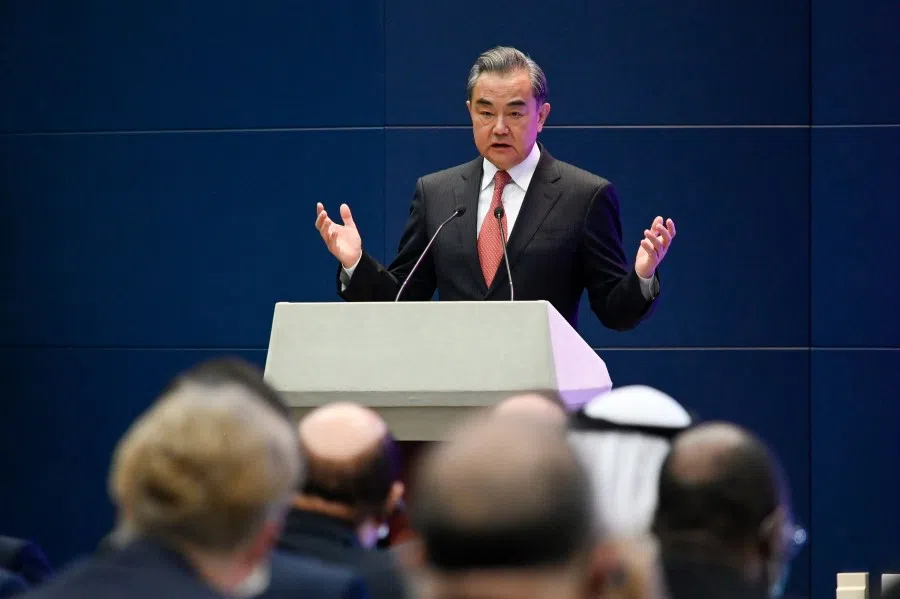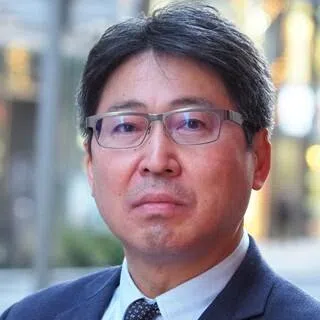Japanese academic: Biden's emphasis on allies is impacting Japan-China relations
Relations between Japan and China have been on an uptrend in the past few years. Even after the new Suga administration came to power, the trend of improving relations has been maintained. However, with the Biden administration's emphasis on working with its allies, ostensibly against China, will Japan-China relations suffer?

Since the 2010s, relations between Japan and China have been improving. In May 2018, Chinese President Xi Jinping and Japan's then Prime Minister Shinzo Abe had an unprecedented telephone conversation that advanced the improvement of bilateral relations. Following that, Premier Li Keqiang visited Japan and Abe visited China, and relations improved to the point where Xi was finally scheduled to visit Japan in April 2020. However, as we all know, President Xi's visit was postponed due to the Covid-19 pandemic.
Later, Prime Minister Abe stepped down and Chief Cabinet Secretary Yoshihide Suga was appointed Japan's new prime minister. Suga held a telephone conference with Xi, maintaining the trend of improving relations.
The Biden administration, however, with its emphasis on allies, has clearly confronted China on issues deeply related to the world order, values and economic supply chains.

Since then, however, the Trump administration ratcheted up its criticism of China. Furthermore, the Biden administration that entered office in 2021, while differing from the Trump administration on some points, has maintained its tough stance on China. But the policy differences between the old and new administrations in the US are having an impact on Japan-China relations.
While the Trump administration was increasingly critical of China, in a sense it did so unilaterally and many of the issues related specifically to the US, such as Trump's obsession with tariff issues. The Biden administration, however, with its emphasis on allies, has clearly confronted China on issues deeply related to the world order, values and economic supply chains. The US-Japan and US-Korea "2+2" meetings held in March 2021 reflected Biden's emphasis on allies. The US side presented a very comprehensive set of issues and called on Japan and the US to jointly take a consistent and tough stance on China. This became the basis for the high-level talks between the US and China in Alaska.
This situation where the US allies have strengthened their commitments to the Biden administration regarding their China policies naturally has China concerned. On 5 April, Chinese Foreign Minister Wang Yi had a telephone conversation with Japanese Foreign Minister Toshimitsu Motegi in which he issued a warning to Japan. While reaffirming matters such as that the countries would "firmly implement the important consensus reached by President Xi Jinping and Japanese Prime Minister Yoshihide Suga over the phone last year", he also expressed China's hope that "Japan, as an independent country, will look at China's development in an objective and rational way, instead of being misled by some countries holding biased view against China". At this stage in April, Wang Yi's criticism was mainly directed at the US, and the criticism of Japan was incidental.
In other words, previously the US was the main target of criticism and Japan was secondary, but here Japan and the US became the target of criticism together.

After his meeting with Biden and the issuing of the US-Japan Joint Leaders' Statement during Suga's visit to the US in April 2021, the tone of China's criticism toward Japan rose dramatically. Remarks by China's foreign ministry spokesperson included assertions that "the only system in the world is the international system with the UN as the core, and the only set of rules is the basic norms governing international relations based on the UN Charter. The US and Japan have no right or qualification to represent the international community, to define international order or to impose their standards on others." In this case, Japan and the US were mentioned together, with no distinction made between the two. In other words, previously the US was the main target of criticism and Japan was secondary, but here Japan and the US became the target of criticism together.
Following the US presidential election, the Xi administration called upon the Biden administration to rebuild "a new model of major-country relations". But after the Biden administration took office, the opportunities for working towards such rhetoric gradually diminished. Even during the Alaska talks, there were reports of the Chinese side asking to rebuild a new "G2" arrangement, but since the Alaska talks, there have been no offers from China to re-establish a "new model of major-country relations".
And in terms of China's relationship with Japan, in the wake of the Japan-US summit meeting, all attention is on whether China will revise its previous recognition and acknowledgement of "improved" Japan-China relations. On the other hand, in his speech at the Boao Forum for Asia (BFA), President Xi never criticised the US, or the US and Japan together, by name. It remains to be seen whether China will raise the tone of its criticism against the US, and whether it will put a halt to its policy for "improvement" in Japan-China relations.
Related: Balancing China: Can Japan continue to be a reliable power in SEA after Abe? | Chinese academic: Japan is the 'hidden warrior' behind China-US competition | Post-Abe: Japan's first-rate society will be ballast for stable China-Japan relations | China's 'new era' for China-Japan relations does not match Japan's needs


![[Big read] When the Arctic opens, what happens to Singapore?](https://cassette.sphdigital.com.sg/image/thinkchina/da65edebca34645c711c55e83e9877109b3c53847ebb1305573974651df1d13a)

![[Video] George Yeo: America’s deep pain — and why China won’t colonise](https://cassette.sphdigital.com.sg/image/thinkchina/15083e45d96c12390bdea6af2daf19fd9fcd875aa44a0f92796f34e3dad561cc)
